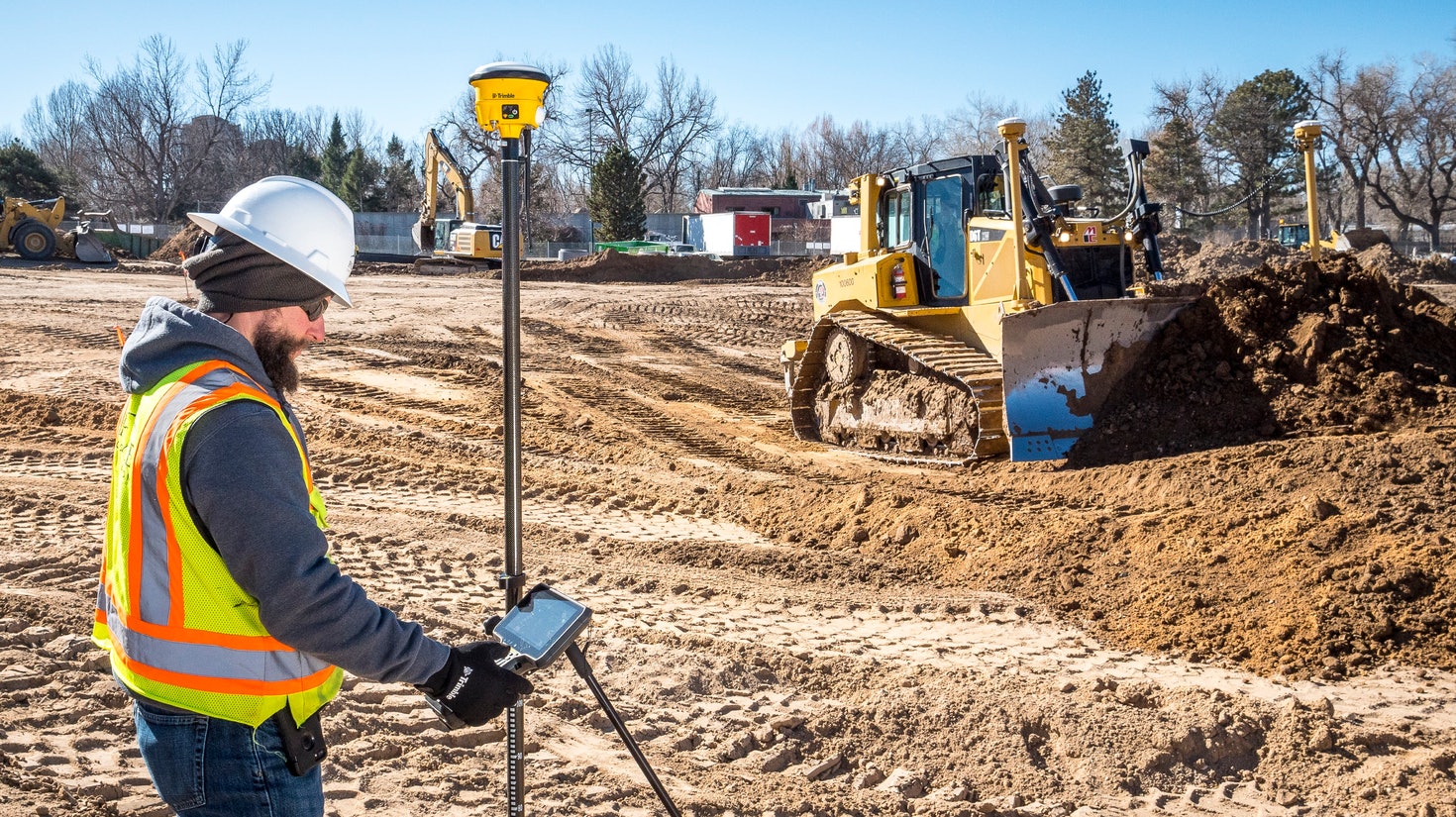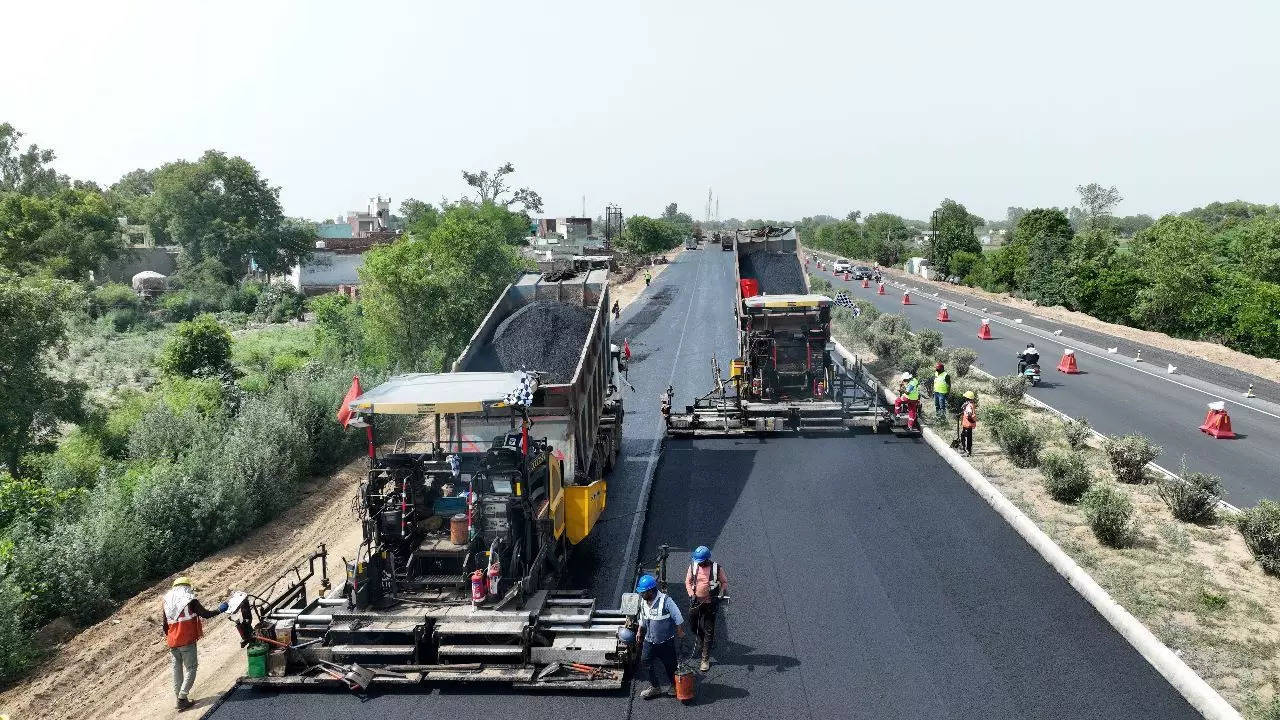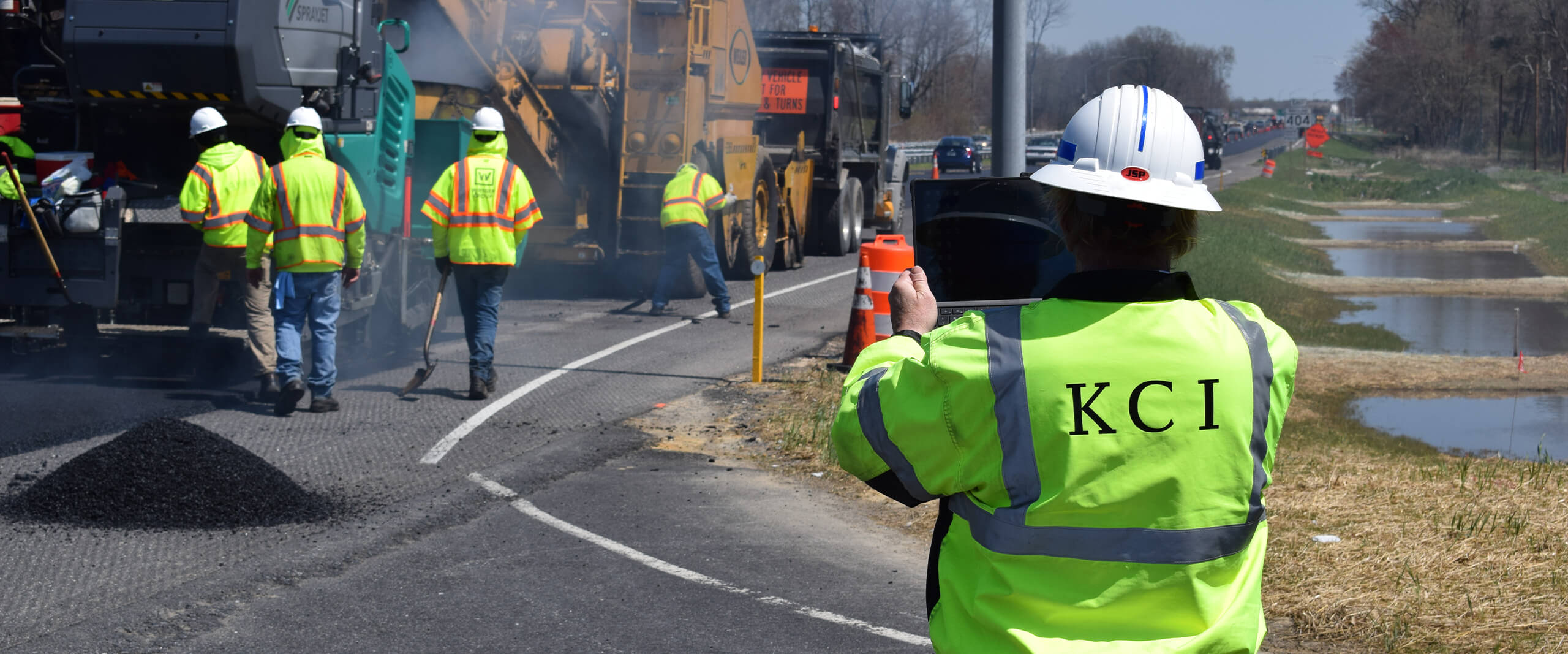Modern Techniques in Road Construction Companies
Uncover the advanced methodologies and technological advancements that road construction companies are utilizing today.

Road construction techniques are no longer limited to raw manpower and traditional tools. Advanced methodologies and technological advancements now catapult these procedures into the future. This revolution, characterized by precision and efficiency, has reshaped the industry landscape and defined new standards for road construction companies globally.
Unearthing Modern Road Construction Techniques
From asphalt heating to AI integration, we delve deep into the granules of modern road construction techniques. Recognizing these changes is crucial for everyone in the heavy equipment sector, as these adaptations redefine the game and set a new path for future innovation.
Table of Contents
- AI In Road Construction
- Asphalt Heating: Innovations and Impact
- GPS-guided Equipment
- Eco-friendly Road Construction Methods
- Materials Innovation: From Basic to Eco-sustainable
- Safety Enhancements in Road Construction
- The Future of Road Construction Techniques
AI In Road Construction

Artificial Intelligence (AI) has emerged as a pivotal driver in modern road construction. AI empowers construction firms to enhance precision, streamline operations, and ultimately, optimize productivity.
"Harnessing AI in road construction presents a myriad of opportunities for growth and efficiency."
- Seamless Coordination: The sophisticated AI algorithms enable teams to work in sync, thereby minimizing errors and increasing operation smoothness.
- Preventive Maintenance: AI-powered software can predict equipment failures long before they happen, preventing potential delays.
- Quality Control: By implementing stringent AI-backed inspection systems, construction teams can achieve unmatched quality assurance.
Integrating AI in Road Construction
While incorporating AI in construction could be a game-changer, companies need to understand its value proposition first. Stakeholder buy-in, standardized data, systematic training, and a solid IT infrastructure are integral to unlocking AI's transformative potential in road construction.
Asphalt Heating: Innovations and Impact

Innovation in asphalt heating technology has given construction companies more control, translating into better quality roads. Modern techniques have made the process quicker, more eco-friendly, and highly efficient.
The Shift to Infrared Asphalt Heaters
One breakthrough innovation is the transition from traditional asphalt heaters to infrared ones. Infrared heaters offer a multitude of benefits over their traditional counterparts:
- Accelerated Heating: Infrared heaters can evenly heat asphalt surfaces in minutes, reducing waiting times and boosting productivity.
- Energy Efficiency: Unlike traditional asphalt heaters, infrared ones concentrate the heat only on the area to be repaired, resulting in significant energy savings.
- Better Finished Product: Infrared heating allows for seamless blending of new and old asphalt, leading to smoother and longer-lasting roads.
GPS-guided Equipment

Since its onset, GPS technology has largely influenced how road construction companies operate. The ability to guide heavy equipment with satellite precision has forever altered the discipline of road making.
GPS-guided machinery curtails the need for excessive manpower and cuts down on construction time. These machines also ensure perfection in execution, as they can build roads with absolute accuracy.
"GPS technology offers construction companies the opportunity to do more with less."
How GPS-guided Equipment Works
GPS-guided equipment works by receiving signals from multiple satellites, which provide precise location data. Sophisticated software then uses this information to guide machinery across a site, with surgical accuracy. The benefits include reduced human error, time-saving, and increased job site safety.
Eco-friendly Road Construction Methods
With climate change concerns propelling companies to adopt greener operations, road construction is no exception. Construction companies are looking for eco-friendly techniques to lessen their carbon footprint and contribute to a sustainable planet.
"Creating sustainable roads is no longer a niche; it's an industry-wide goal."
From using recaptured carbon dioxide in production processes to recycling construction waste material, there are plenty of innovative ways to contribute to this cause. However, two methods stand out:
- Warm Mix Asphalt: Using Warm Mix Asphalt (WMA) over the traditional Hot Mix Asphalt (HMA) can significantly lower energy consumption, reduce harmful emissions, and increase worker safety.
- Solar Roads: While they're still in the experimental phase, solar roads offer the potential to create sustainable and energy-producing highway infrastructure.
Materials Innovation: From Basic to Eco-sustainable

The innovation in road construction materials adds a layer of sustainability, quality, and cost-effectiveness to the roads we travel on. Companies today have a wide range of materials to choose from, such as Reclaimed Asphalt Pavement (RAP), tire rubber, composite materials, and polymer-based geotextiles, to name a few.
The Rising Popularity of Geosynthetics
Among these, geosynthetics have gained popularity for their multiple benefits. Not only do they improve the durability and lifespan of the roads, they also enhance the resistance of the road structures and reduce maintenance costs. In addition, geosynthetics contribute to environmental preservation, as their use helps to save natural resources.
Safety Enhancements in Road Construction

The safety of workers is paramount in any construction project. Modern road construction techniques now focus on enhancing safety measures to reduce accidents or injuries on the job site.
Nifty advancements like augmented reality (AR) for training, wearable technology for monitoring health metrics, and drones for assessing hazardous areas, are actively being deployed by construction companies. These technologies further ensure the well-being of workers, while also saving companies from potential litigation and insurance costs.
Wearable Tech in Road Construction
Wearable tech, specifically, offers a variety of safety applications in construction. Devices like smart helmets can detect job site hazards, monitor worker fatigue, and even share real-time data with site managers. Contrarily, smart boots can gauge worker fatigue by tracking steps, distance covered, and time spent on foot. Overall, these innovations are paving the way for a safer and smarter construction site.
The Future of Road Construction Techniques

The trend towards digitalization, automation, and sustainability is undeniably changing the face of road construction. Investing in the right technology and adapting to the changes are essential for companies to stay competitive and profitable.
From 3D printed bridges to roads that charge electric cars, the future of road construction is futuristic and more sustainable than we ever thought. It's a future wherein roads serve as an infrastructure for connectivity while being conscious of the environment.
"Road Construction is evolving, with modern technologies leading the charge towards a safer, efficient, and more sustainable future."
With these modern road construction techniques, companies not only deliver better-quality roads but also perform their part in creating a sustainable future. It is crucial for every player in the heavy equipment industry to recognize these changes and adapt to stay competitive in this ever-evolving market.
What's Your Reaction?









































































